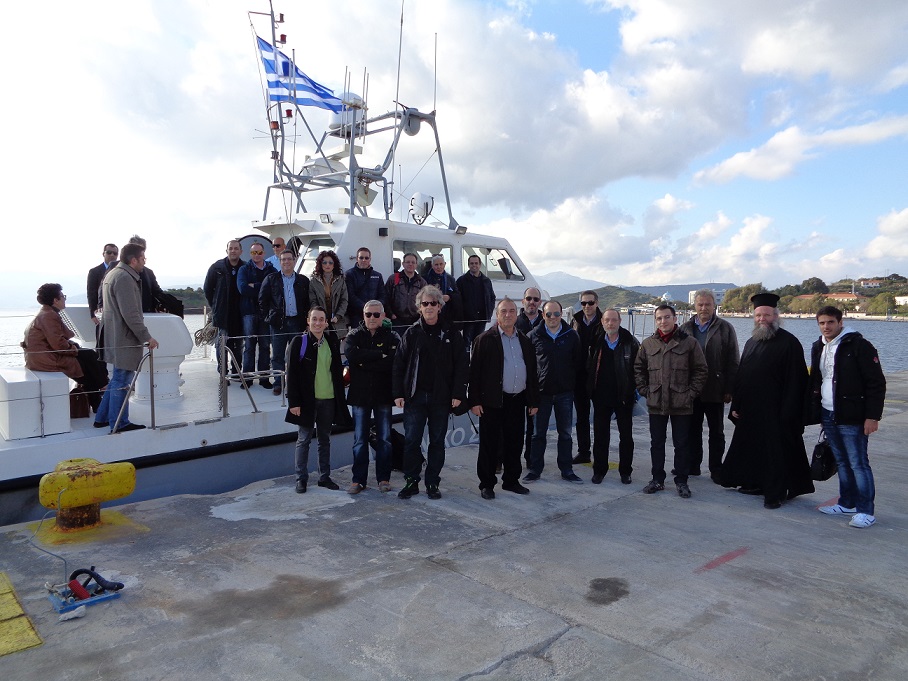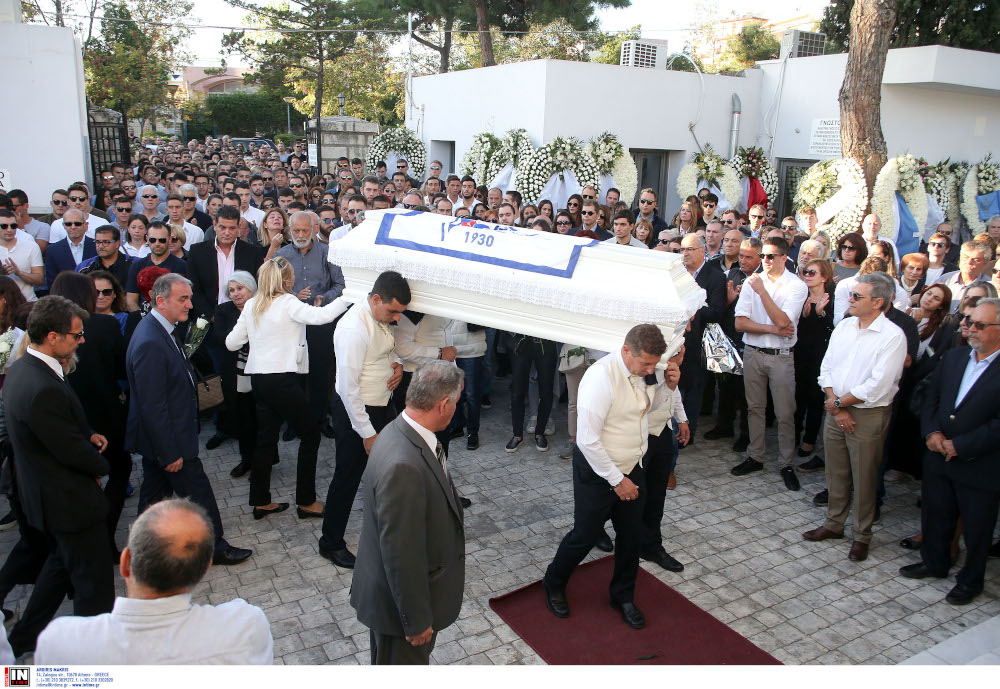
Απέραντη θλίψη στην κηδεία αδικοχαμένου πολίστα Αδαμάντιου Μαντή | ΕΝΗΜΕΡΩΣΗ ΕΙΔΗΣΕΙΣ ΝΕΑ ΑΘΛΗΤΙΣΜΟΣ ΠΟΛΙΤΙΚΗ ΚΟΙΝΩΝΙΑ ΠΟΛΙΤΙΣΜΟΣ ΕΠΙΚΑΙΡΟΤΗΤΑ ΧΙΟΣ
![Χιώτικη πεντάδα στο Ρουκ Ζουκ [BINTEO] | ΕΝΗΜΕΡΩΣΗ ΕΙΔΗΣΕΙΣ ΝΕΑ ΑΘΛΗΤΙΣΜΟΣ ΠΟΛΙΤΙΚΗ ΚΟΙΝΩΝΙΑ ΠΟΛΙΤΙΣΜΟΣ ΕΠΙΚΑΙΡΟΤΗΤΑ ΧΙΟΣ Χιώτικη πεντάδα στο Ρουκ Ζουκ [BINTEO] | ΕΝΗΜΕΡΩΣΗ ΕΙΔΗΣΕΙΣ ΝΕΑ ΑΘΛΗΤΙΣΜΟΣ ΠΟΛΙΤΙΚΗ ΚΟΙΝΩΝΙΑ ΠΟΛΙΤΙΣΜΟΣ ΕΠΙΚΑΙΡΟΤΗΤΑ ΧΙΟΣ](http://www.kounoupi.gr/sites/default/files/styles/watermark/public/rouk_zouk.jpg?itok=oBtlxJkB)
Χιώτικη πεντάδα στο Ρουκ Ζουκ [BINTEO] | ΕΝΗΜΕΡΩΣΗ ΕΙΔΗΣΕΙΣ ΝΕΑ ΑΘΛΗΤΙΣΜΟΣ ΠΟΛΙΤΙΚΗ ΚΟΙΝΩΝΙΑ ΠΟΛΙΤΙΣΜΟΣ ΕΠΙΚΑΙΡΟΤΗΤΑ ΧΙΟΣ

Ετοιμάζονται για το Πανελλήνιο Πρωτάθλημα | Alithia.gr | online ενημέρωση για τη Χίο | ΑΛΗΘΕΙΑ | ΕΙΔΗΣΕΙΣ | ΝΕΑ | ΧΙΟΣ | Eιδήσεις Χίος

Γάζα: Κατακραυγή για το θάνατο των τριών ομήρων, διπλωματικός «πυρετός» – Σκηνές αλαφροσύνης στη Ράφα
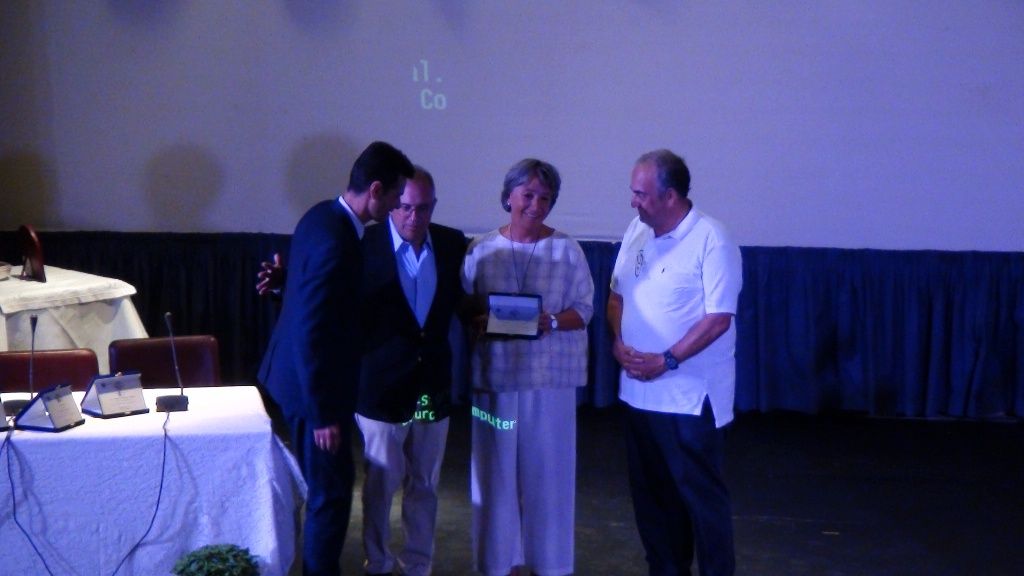
Ο Βροντάδος που... βροντά | Alithia.gr | online ενημέρωση για τη Χίο | ΑΛΗΘΕΙΑ | ΕΙΔΗΣΕΙΣ | ΝΕΑ | ΧΙΟΣ | Eιδήσεις Χίος

Αναλυτικά οι δράσεις του Κέντρου στην ευρύτερη κοινότητα | Κέντρο Πρόληψης Εξαρτήσεων και Προαγωγής Ψυχοκοινωνικής Υγείας Χίου
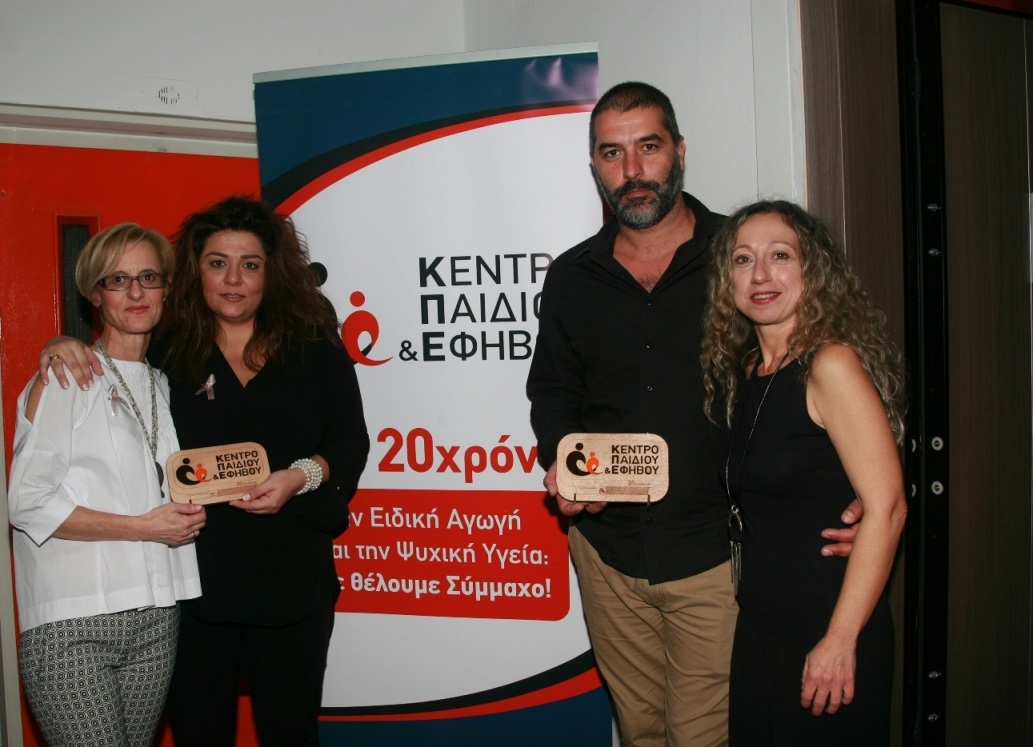
Βραβείο για τη σειρά «Η λέξη που δε λες» στο πλαίσιο εκδηλώσεων για τα 20 χρόνια Κέντρο Παιδιού και Εφήβου | ΕΝΗΜΕΡΩΣΗ ΕΙΔΗΣΕΙΣ ΝΕΑ ΑΘΛΗΤΙΣΜΟΣ ΠΟΛΙΤΙΚΗ ΚΟΙΝΩΝΙΑ ΠΟΛΙΤΙΣΜΟΣ ΕΠΙΚΑΙΡΟΤΗΤΑ ΧΙΟΣ

Κυρία διοικήτρια, επιτέλους! | Alithia.gr | online ενημέρωση για τη Χίο | ΑΛΗΘΕΙΑ | ΕΙΔΗΣΕΙΣ | ΝΕΑ | ΧΙΟΣ | Eιδήσεις Χίος
ΠΕΚΕΒ Ιστιοπλοϊκό Τμήμα - αξιολογήσεις, φωτογραφίες, αριθμός τηλεφώνου και διεύθυνση - Ψυχαγωγία στην πόλη Βορείου Αιγαίου - Nicelocal.gr
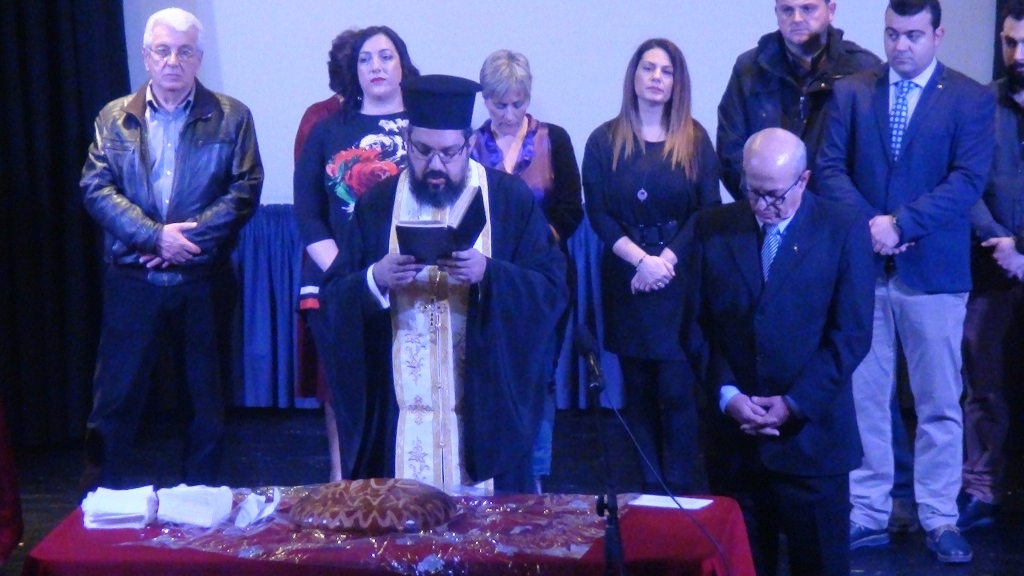
Το... θαύμα της ΠΕΚΕΒ | Alithia.gr | online ενημέρωση για τη Χίο | ΑΛΗΘΕΙΑ | ΕΙΔΗΣΕΙΣ | ΝΕΑ | ΧΙΟΣ | Eιδήσεις Χίος

Χρόνια πολλά στην 96 ΑΔΤΕ (ΒΙΝΤΕΟ-ΦΩΤΟ) | ΕΝΗΜΕΡΩΣΗ ΕΙΔΗΣΕΙΣ ΝΕΑ ΑΘΛΗΤΙΣΜΟΣ ΠΟΛΙΤΙΚΗ ΚΟΙΝΩΝΙΑ ΠΟΛΙΤΙΣΜΟΣ ΕΠΙΚΑΙΡΟΤΗΤΑ ΧΙΟΣ

Το... θαύμα της ΠΕΚΕΒ | Alithia.gr | online ενημέρωση για τη Χίο | ΑΛΗΘΕΙΑ | ΕΙΔΗΣΕΙΣ | ΝΕΑ | ΧΙΟΣ | Eιδήσεις Χίος

Η πίτα των απομάχων του κύματος στον Βροντάδο | Alithia.gr | online ενημέρωση για τη Χίο | ΑΛΗΘΕΙΑ | ΕΙΔΗΣΕΙΣ | ΝΕΑ | ΧΙΟΣ | Eιδήσεις Χίος
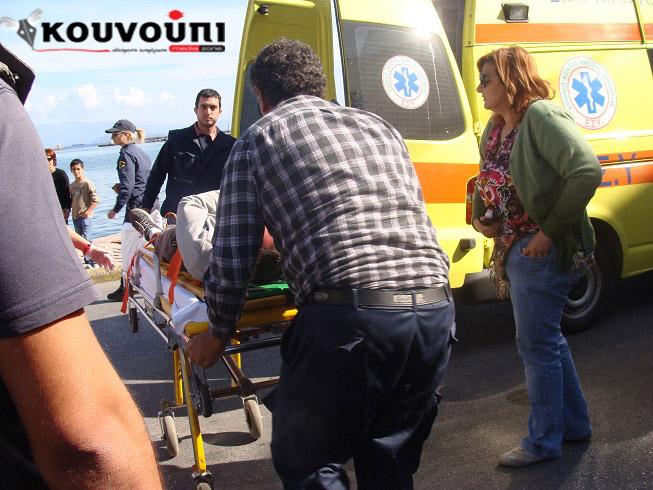
Τροχαίο ατύχημα στην παραλία (Φώτο) | ΕΝΗΜΕΡΩΣΗ ΕΙΔΗΣΕΙΣ ΝΕΑ ΑΘΛΗΤΙΣΜΟΣ ΠΟΛΙΤΙΚΗ ΚΟΙΝΩΝΙΑ ΠΟΛΙΤΙΣΜΟΣ ΕΠΙΚΑΙΡΟΤΗΤΑ ΧΙΟΣ
